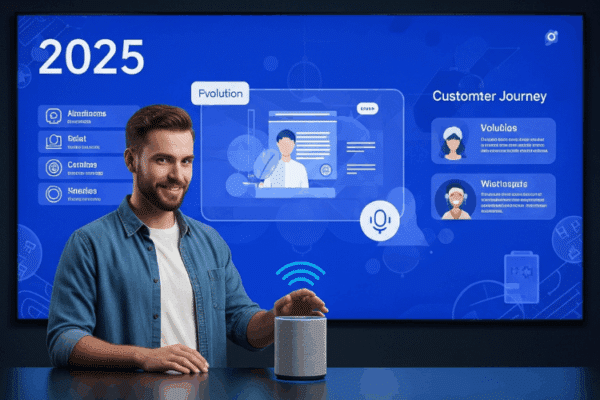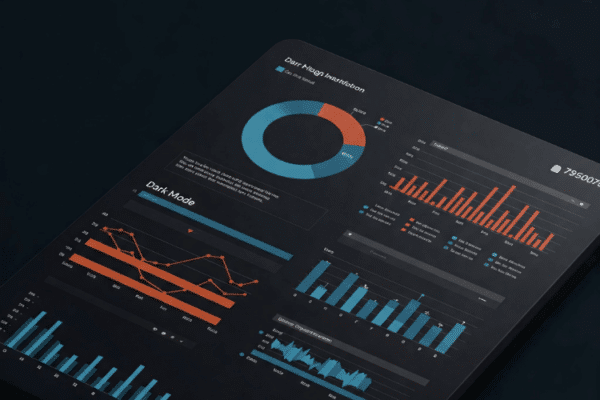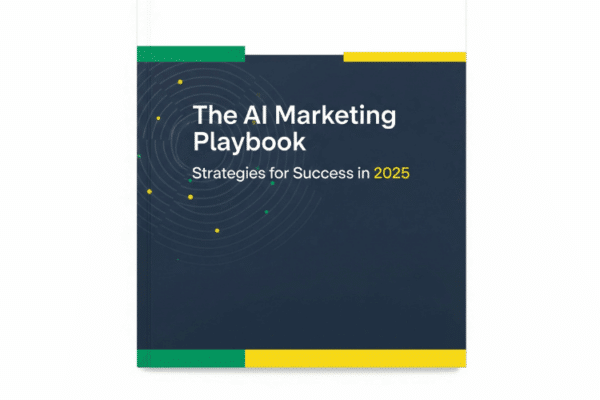SEO in the Age of AI: How to Rank Higher in 2025
SEO in the Age of AI: How to Rank Higher in 2025

The world of Search Engine Optimization (SEO) is undergoing a significant transformation driven by artificial intelligence (AI), especially with the integration of features like Google’s AI Overviews (formerly SGE). While this change brings challenges such as the increase in zero-click searches and the rise of AI-powered answer engines , it also presents new strategies and powerful tools for SEO professionals to achieve visibility and success. Let’s explore together the essential strategies and approaches that need to be adapted to rank higher in this new AI-focused era.
How AI Overviews (SGE) Are Reshaping SERPs and Why Visibility Matters

Google’s AI Overviews (AIO/SGE) are AI-generated summaries appearing at the top of search engine results pages (SERPs), providing direct answers to user queries. When an AIO is expanded, the visibility of the first organic result can decrease by an average of over 1200 pixels. This significantly reduces the visibility even for top-ranking websites. Consequently, there’s a potential decline in organic click-through rates (CTR) and website traffic, especially for informational queries. In this new landscape, the primary goal of SEO is not just ranking at the top, but gaining visibility. This visibility can be achieved either in traditional organic results or by being cited as a source within the AI Overview itself. Ranking within the top 10 organic results increases the likelihood of being cited in AIOs , so content strategy and success metrics must be updated for this new reality.
AI-Powered Keyword Research: Beyond Semantic Meaning and User Intent

Artificial intelligence is fundamentally changing traditional keyword research methods, offering in-depth analyses that go beyond mere search volume and difficulty metrics. AI-powered tools can understand user intent and the semantic relationships between words much more accurately. This transformation holds the potential to make SEO strategies more proactive and target-oriented. Here are 4 significant contributions of AI to keyword research:
- Semantic Analysis: AI tools help make content strategy more comprehensive and topic-focused by identifying semantically related terms, synonyms, and subtopics related to target keywords.
For example, for the keyword “running shoes,” AI might suggest related semantic terms like “pronation,” “cushioning,” or “trail running.” - User Intent Prediction: AI can more accurately determine the purpose behind search queries (informational, navigational, commercial investigation, or transactional).
A user searching for “best running shoe brands” shows commercial investigation intent, while “running shoe store near me” indicates transactional intent. AI helps distinguish these nuances. - Predictive Analysis: By analyzing historical data and current trends, AI can predict keywords and topics likely to become popular in the future.
For instance, AI might foresee an increase in search volume related to a specific technology or fashion trend. - Long-Tail Keyword Discovery: AI can uncover specific, less competitive, and often higher-converting long-tail keywords and question formats that users ask in natural language.
Queries like “best cushioned running shoes for people with knee pain” are examples of this.
The AI Revolution in Content Creation: Maintaining Quality and Avoiding Generic Pitfalls

Artificial intelligence has revolutionized content creation processes in the SEO world with its potential to increase efficiency. AI tools provide significant benefits in areas like idea generation, drafting, outlining, and automating repetitive tasks. However, the convenience brought by this revolution also carries the risk of compromising quality and originality. AI’s ability to generate content quickly might push marketers to focus on quantity, but what truly matters for search engines and users is quality.
The key to success lies in using AI as an assistant and enriching the generated content with human oversight (verification, editing) and adding unique value (experience, expertise). This hybrid approach ensures both efficiency and the preservation of quality and reliability.









